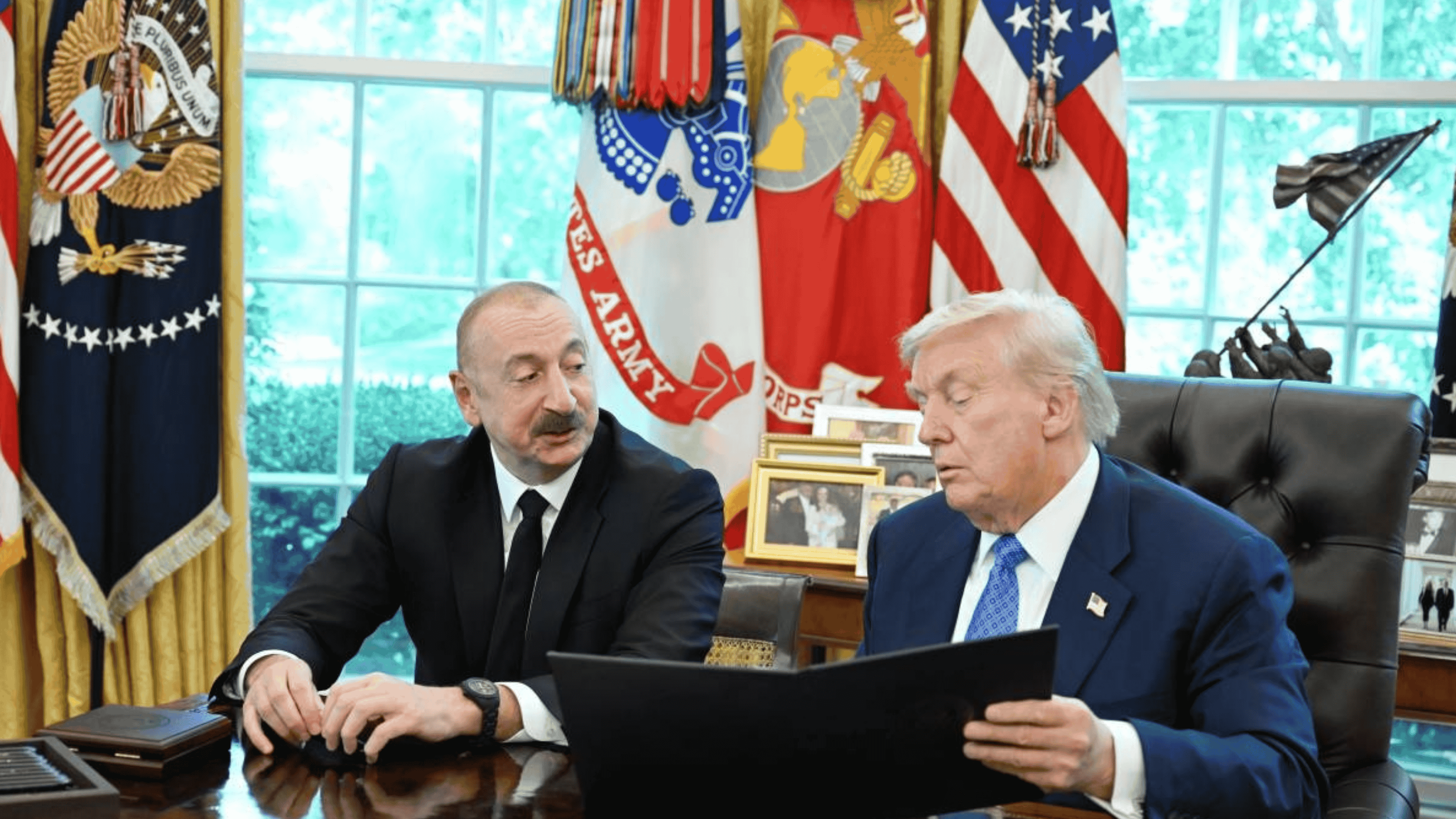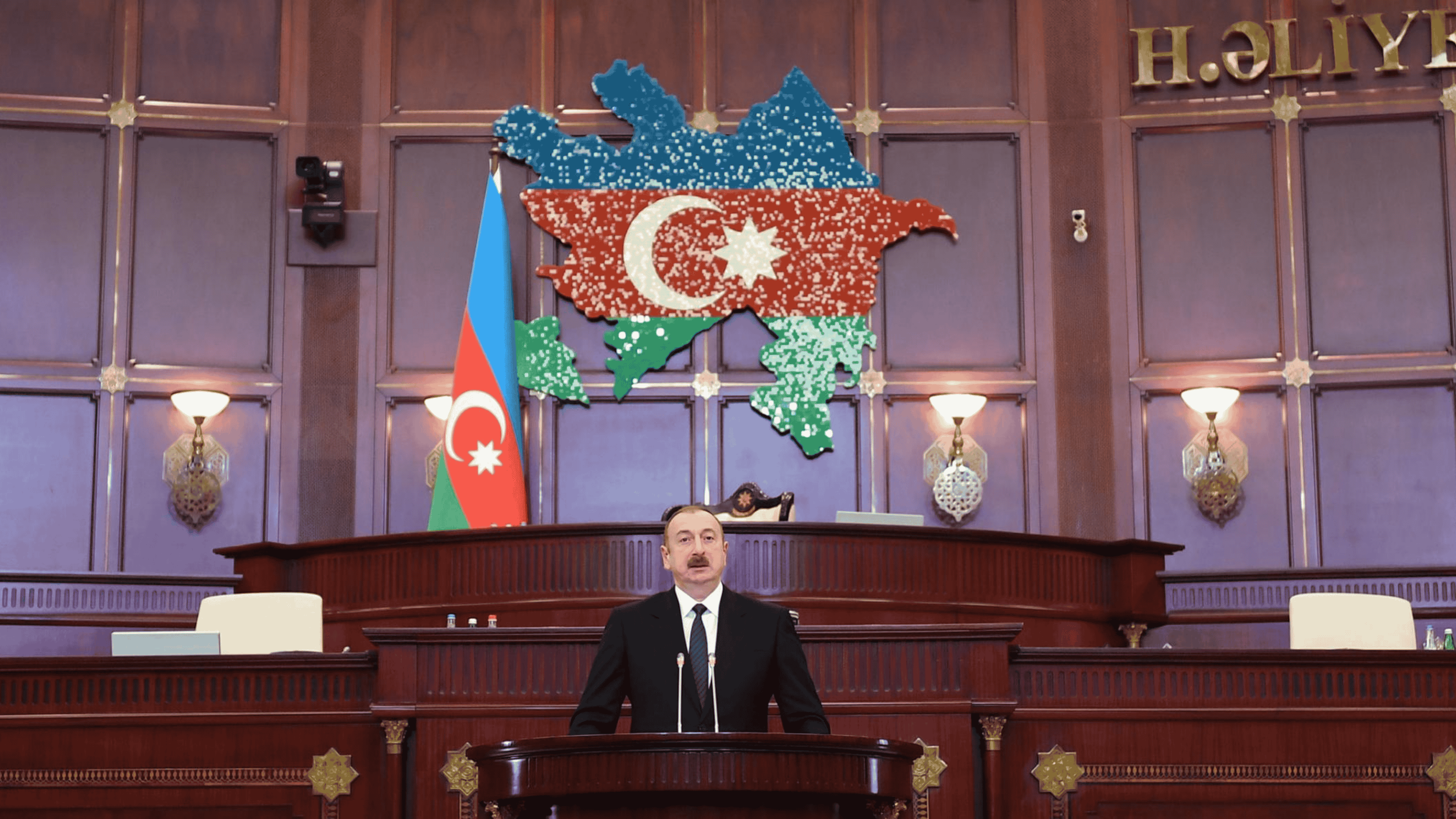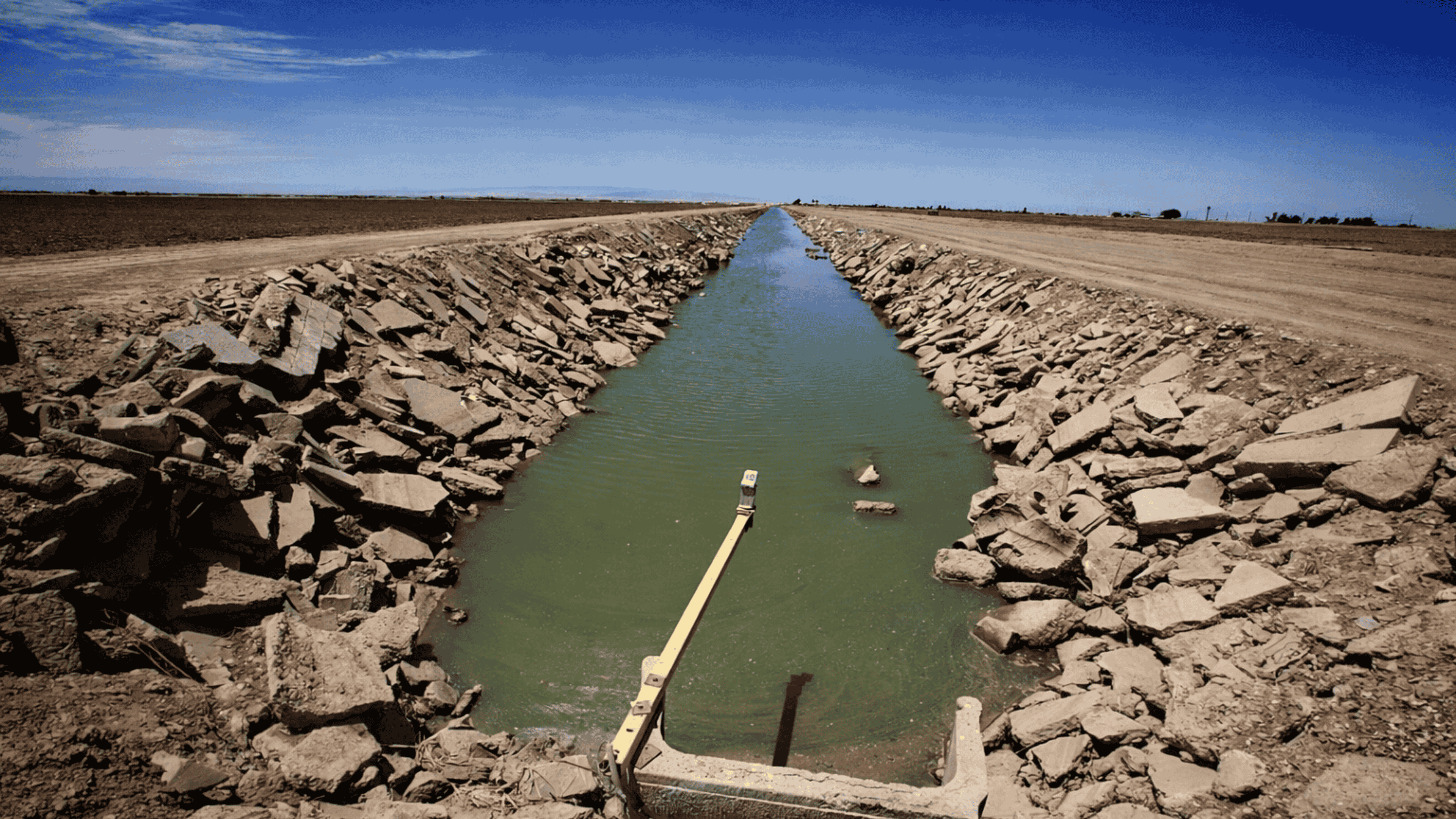Law and coronavirus: the legality of Azerbaijan’s quarantine
During the coronavirus pandemic, the Azerbaijani authorities locked up the entire country for a month and a half, issuing a mandatory quarantine where people could only leave the house with permission from the authorities and violators were fined or arrested.
Citizens fiercely resisted and tried their best to evade the quarantine. The need for quarantine, its impact on the economy and its effectiveness were all widely debated, but there was very little talk of whether everything that happened was in accordance with Azerbaijani law.
What “legal lessons” can be learned from the quarantine? What is the past and current state of law and order in the country amid the pandemic? What problems have the coronavirus uncovered?
Medicine and the police: a situation gone wrong
“My pregnant wife, one-year-old son and I stayed at home for three weeks,” said Anar. “The boy began to teethe and developed a fever. His temperature remained elevated for a long time, so I called an ambulance. The doctor examined him and said that he was healthy, but that she was required to do a coronavirus test. I didn’t mind. They took an analysis, gave him an injection of diphenhydramine, the child fell asleep, and the next day he woke up completely healthy—he was running around and playing.”
A couple of days later, Anar got a call in the middle of the night from the department of infectious diseases. They said that his son was suspected to have coronavirus and that they would come and take the child for re-analysis and a week-long observation in the infectious disease hospital. When Anar demanded to see the test results, the doctors said that they were not obliged to do so.
Anar flat-out refused to let the child go to the hospital alone, demanding that he be placed there as well and showed the results of the tests. The explanations and legal proceedings began, and doctors twice came to his house with police “as if they were detaining terrorists,” as Anar put it.
And so Anar sought the help of one of his well-connected friends. Doctors stopped doing tests and simply left the family alone.
“But the whole situation made us anxious, especially my pregnant wife. And they made a scene in front of the neighbors.”
Lawyer Samira Agayeva believes that this case is a gross violation of article 8 of the European Convention on the Right to Respect for Personal and Family Life. And of local legislation as well.
“Azerbaijani law states that governmental bodies do not have the right to do anything to a minor without parental consent. Doctors are required to provide test results to patients. It’s unheard of for a child to be forcibly taken away from their parents on the basis that he is ill without any evidence.”
It is possible to forcibly hospitalize a patient if they present a danger to others, either with the permission of the legal representative (in our case, parents), or by decision of the court.
This is just one of many violations that occurred during the COVID-19 virus epidemic in Azerbaijan:
- people were hospitalized without their consent;
- medical staff refused to treat other diseases due to suspected coronavirus;
- the authorities lied about the length of the quarantine regime;
- people were placed under surveilled quarantine and invited to “just take the test.”
All these incidents, although numerous, were special cases. Nevertheless, they all reflected one common problem—a lack of understanding by all those participating in the process of what they could and could not do while following orders “from above”.
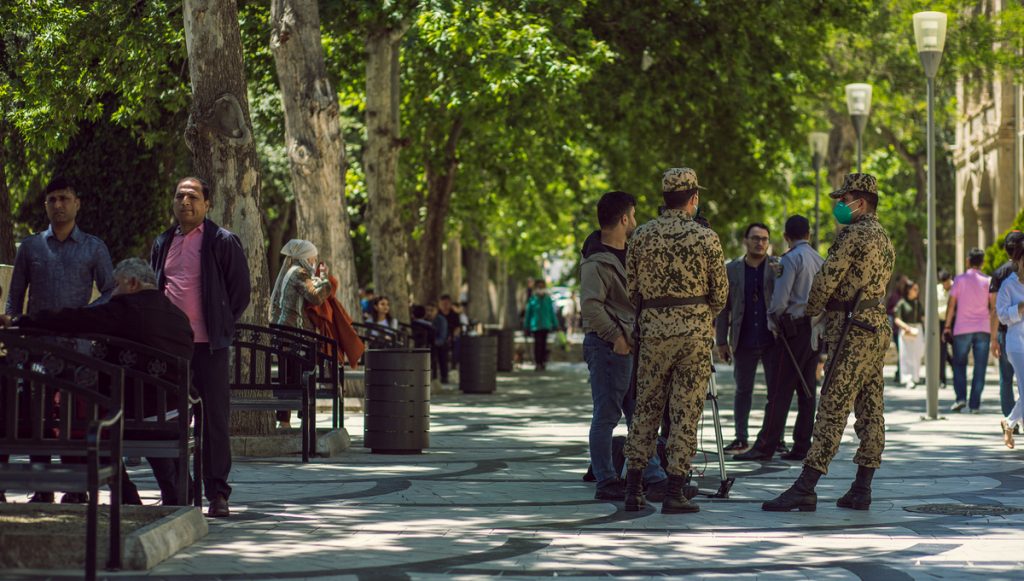
Illegal basis for the quarantine
From the point of view of the Azerbaijani constitution, making self-isolation at home mandatory, fining people for violating the quarantine regime, closing off cities, and so on is only legal after a state of emergency has been declared. Otherwise, it violates the article on freedom of movement (article 28 of the Constitution of the Azerbaijan Republic), which, in principle, is one of the basic human freedoms (protocol 4 of the European Convention for the Protection of Rights and Freedoms).
How would declaring a state of emergency help? This would allow the authorities to restricting the rights and freedoms of citizens in order to protect them from various threats, all while the constitutional court ensures that the state does not “go too far”.
The quarantine measures introduced in many countries caused controversy and raised questions about how far the state has the right to go when interfering in the personal lives of citizens. The fact is that in any legal state, restricting freedom of movement, life and assembly is a rather serious step, and bypassing the laws in order to implement it is unthinkable.
For example, in the Czech Republic, the constitutional court overturned some government decisions on the grounds that they were not carried out according to the law, and in Romania the court decided that the police did not have the right to fine citizens for violating the quarantine. Both countries had declared a state of emergency.
As did Azerbaijan’s neighbors, Armenia and Georgia.
The constitution is the most important state document and no legislative act should be carried out in conflict with either the constitution or international conventions.
The Constitution of the Republic of Azerbaijan states that the procedure for declaring a state of emergency proceeds as follows: the president submits a decree on the state of emergency to the parliament and the parliament decides whether to declare it or not (Article 112 of the Constitution of the Republic of Azerbaijan).
Thus, all the “quarantine” decisions made by the Azerbaijani cabinet were illegal.
Illegal even during an emergency
And some measures taken would be illegal in any case, for example, the authorities received information about which phone number each person uses through the SMS system through which citizens received permission to leave the house. People were even required to send their passport numbers to the operational headquarters.
Lawyer Samira Agayeva says that this is a gross violation of citizens’ rights and that this would be unlawful, even under a state of emergency.
Many were reminded of the time when during an opposition demonstration, police were able to track the phones of opposition members with help from the mobile operators, and then rang their phones, rounding up several thousand people and bringing them into custody.
The fight against the opposition
Many human Azerbaijani human rights defenders, foreign organizations and activists believe that quarantine measures were not meant to prevent the spread of the virus, but rather to exert total control over and surveil citizens, as well as to prosecute the opposition.
During the pandemic, about a hundred various activists and opposition members were detained for violating the quarantine regime, as stated by the official investigation.
On March 19, President Ilham Aliyev published a video message to citizens during the holiday of Novruz where he discussed the situation with the virus and stated that the opposition is spreading panic about the pandemic and it should be isolated:
“At the same time, we see open provocations. Where do these provocations come from? From the very fifth column, from the enemies who are among us, the elements calling themselves opposition, the traitors who receive money from abroad. Their main goal is to destroy Azerbaijan. The worse for Azerbaijan, the better for them. Look at their addresses on social networks, they are full of hatred and provocation.
They seem to want riots to happen. They want turmoil. They want panic. And then they claim that they care about the Azerbaijani people. They are our enemies, and we must openly state this. It is not known what this disease will lead to. Therefore, during the existence of the disease, the rules of completely new relationships will apply.
Let everyone know this. It is possible that a state of emergency may be declared at some point. In this case, the isolation of representatives of the fifth column will become a historical necessity.”
A few days later, opposition members began to be detained. Most of them were from the Popular Front party, which refuses to engage in a dialogue with the authorities.
The Parliamentary Assembly of the Council of Europe announced that a new round of repression had begun in Azerbaijan and called on the country’s authorities to stop using the quarantine to suppress the opposition.
Human rights activist Eldar Zeynalov even considers it a plus that a state of emergency has not been declared:
“I believe that there would be many more violations by the authorities if they had declared a state of emergency. The punishment for misconduct would also be more serious, as well as the rules they adopted.
For example, few people noticed that during the quarantine, a law was passed holding people administratively liable for disseminating harmful information about the virus. This information could be either false, or just something that the authorities found uncomfortable.”
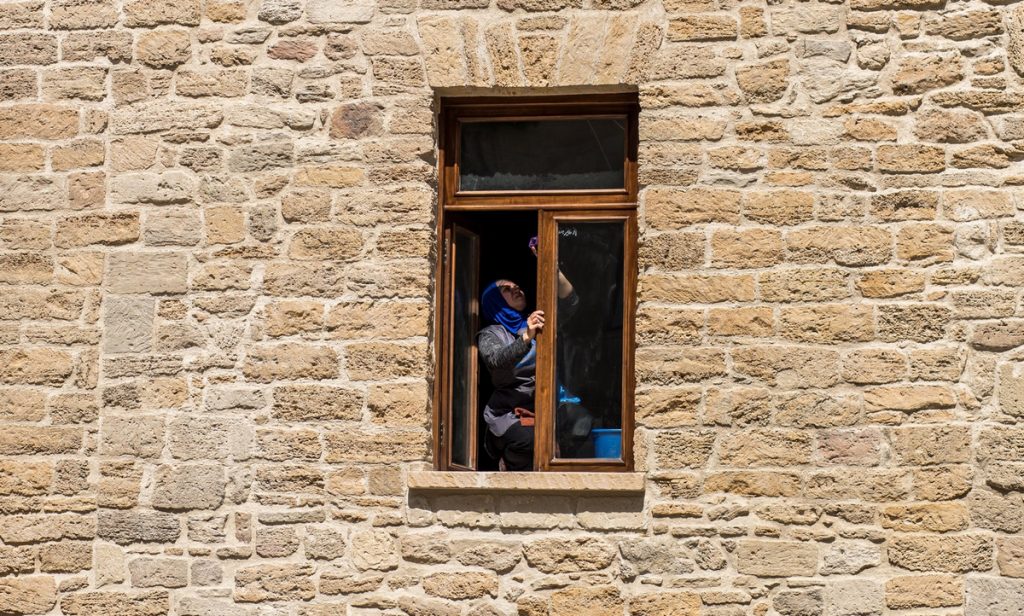
Why is no one protesting?
Philosopher Rakhman Badalov argues that one should not be surprised that the state of emergency was not declared in Azerbaijan, because the country has never been particularly vigilant about following legal procedure:
“This is not some European country in which people pay attention if the authorities act in ways that are in conflict with the law. On the contrary, we live by the principle: ‘Dad said so? Then you have to obey.’ Moreover, whenever possible, citizens themselves violate the law.
The fact is that the people as a whole are not used to living in a free state, because in practice, they have never had a free state. They knows how to resist, but they do not know how to appeal to protect their own rights.
Most likely, the authorities did not declare a state of emergency simply because it was unnecessary. Moreover, purely psychologically people understand that quarantine in an epidemic is the right decision.”
The results of the tough measures
The fact that many people in Azerbaijan approved of the tough measures, arguing that “this is the only way to deal with our people,” did not help to improve the coronavirus situation. On the contrary, immediately after the quarantine regime was eased, the number of infected people began to increase rapidly.
People on social media are with increasing frequency expressing the idea that fines and detentions were meant to benefit the authorities, and not as a way of combating the virus.
At the same time, the authorities decided to completely “close the country” on Saturdays and Sundays—closing shops, roads—absolutely everything, during which time it will only be possible to get out if absolutely necessary (again, by asking the police permission by phone call).
Citizens are preparing to storm stores on Friday.
And dog owners are preparing for a battle with the police, they need to let their pets out everyday, and cannot just wait until Monday, but it seems that the authorities have once again forgotten to consider them.













